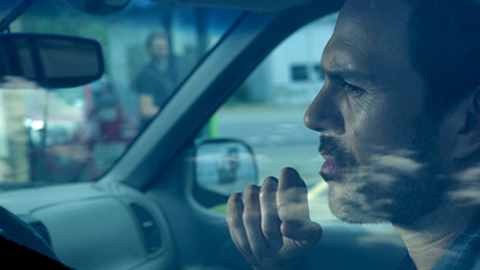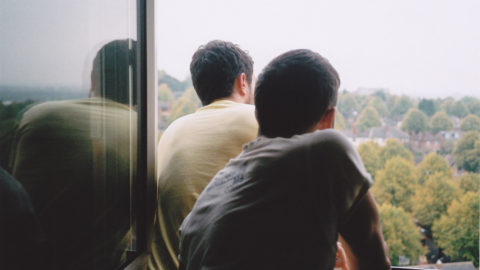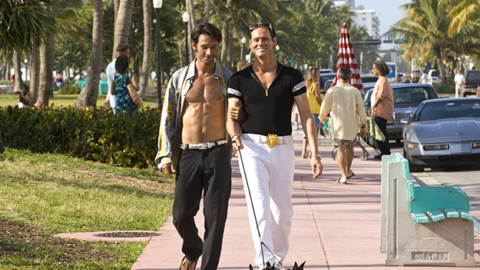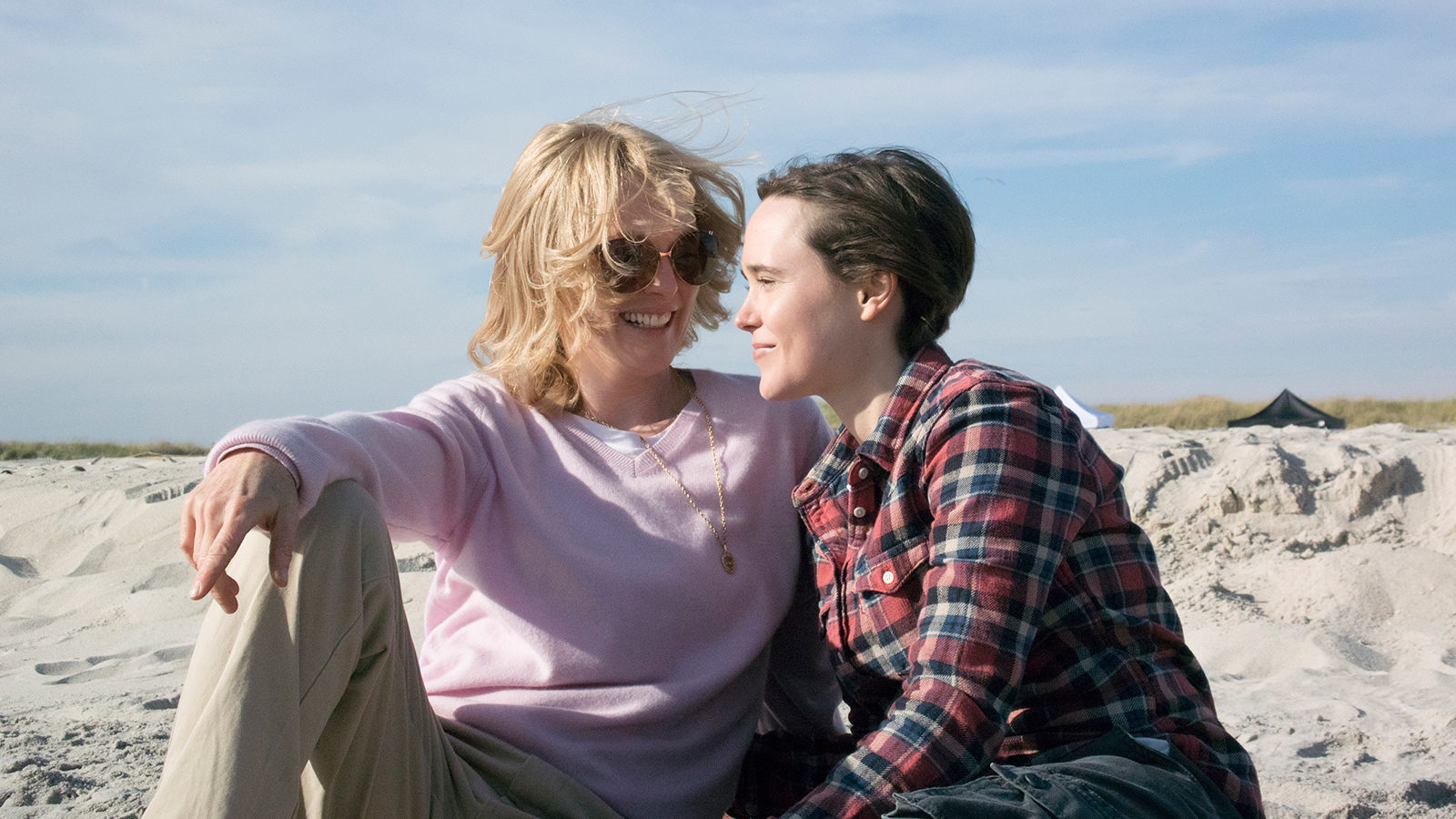
Review: Freeheld
Premiering only a few months after the Supreme Court legalized same-sex marriage nationwide, Freeheld faces the same problem that plagues all civil-rights movies aimed at the mainstream: finding an effective way of eliciting both catharsis in the oppressed and empathy from those who are already empowered. The artificiality of trying to close the gap between these two audiences means that this kind of film can never truly satisfy everyone, and yet there remains a palpable desire among both filmmakers and viewers for the big screen to make the arc of history look as epic, noble, and coherent as we dream it to be.
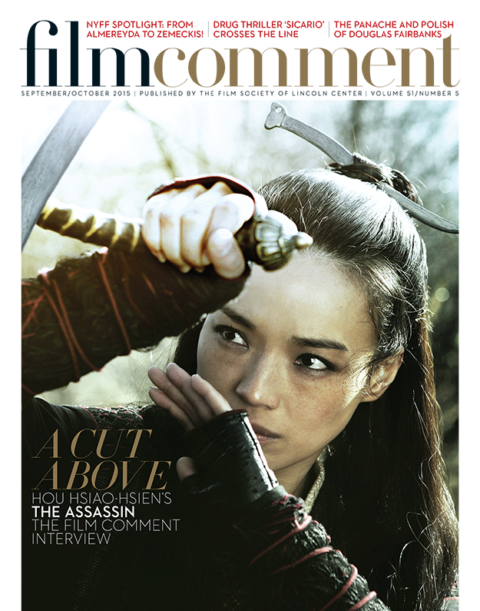
Only a country where marriage equality is a foregone conclusion could produce a film about gay politics bled of all rage and resentment. Freeheld concerns itself primarily with presenting a model bipartisan martyr, one who manages to embody both assertiveness and docility. The real-life Laurel Hester (who died in 2006 and was then the subject of an Academy Award–winning documentary short) is not just a law-abiding citizen; she is the law, a veteran New Jersey police officer (Julianne Moore) in line to become Ocean County’s first female lieutenant. For fear of being ostracized, Laurel keeps her sexuality under wraps until a terminal cancer diagnosis leads her to appeal publicly for her pension to be given to her lover, Stacie Andree (Ellen Page), with whom she has recently entered into a domestic partnership. When the local authorities deny her request, progressive protesters descend on the town hall and try to leverage her struggle for the greater cause. But Laurel forswears preferential treatment and repeats that she is only seeking “justice” for “the woman I love,” treating “gay marriage” like dirty words.
While a filmmaker chronicling a movement could certainly choose a sexier approach than mild-mannered normalcy, there’s something honorable in Freeheld’s attempt to stay true to the story’s unglamorous local focus and Laurel’s ambivalence toward activism. Still, in privileging her non-radicalism over the cartoonish shenanigans of gay-rights group Garden State Equality—the leader of which is played by Steve Carell, in a comic-relief role almost as homophobic as his vampiric closet-gay psychopath in Foxcatcher—director Peter Sollett and screenwriter Ron Nyswaner have produced something pernicious in its implications.
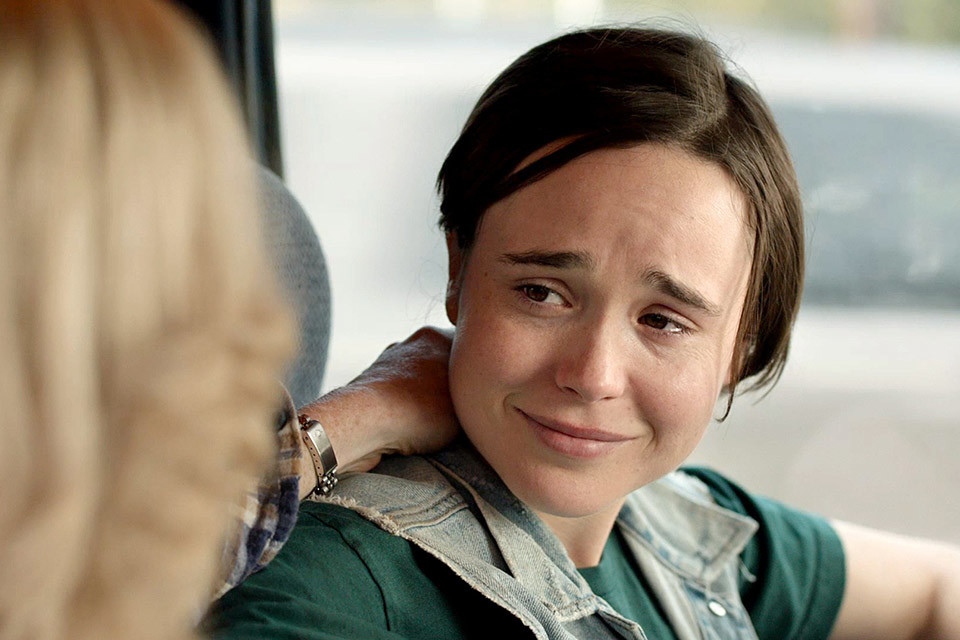
You may have to go back to The Help to find a movie victim as strenuously virtuous as Laurel. Julianne Moore is one of contemporary cinema’s great criers, yet here she’s forced to swallow her tears in an effort to demonstrate the protagonist’s lack of liberal self-pity. Even as romance blossoms between Laurel and Stacie in the film’s first act, Moore’s methodically constructed frigidity barely thaws, leaving an emotional void in the central love story. Laurel is depicted repeatedly assuring her oppressors that she’s your average hard-working American, and all too soon she’s practically muzzled, relegated to the sickbed while war is waged by men who know how to get things done.
Amid all this exemplary suffering and an equally stereotypical cast of straight-white-male bigots, Freeheld somehow lands on one characterization that rings true. Laurel’s longtime police partner, Dane, is a low-voiced, tight-lipped hetero with a heart of gold, and he’s played by Michael Shannon with a tenderness and yearning that complicates the role’s inherent paternalism. There’s nothing showy about the performance, but in its honesty it captures—as few civil-rights movies have—the challenges of loving (and doing right by) someone across lines of privilege and personal experience. That this heartrending portrayal contains more nuance than either of the film’s lesbian protagonists only serves to underscore the one-sidedness of the film’s address, and the preferential treatment we can expect to be lavished on straight saviors in the gay-rights cinema of the future.



